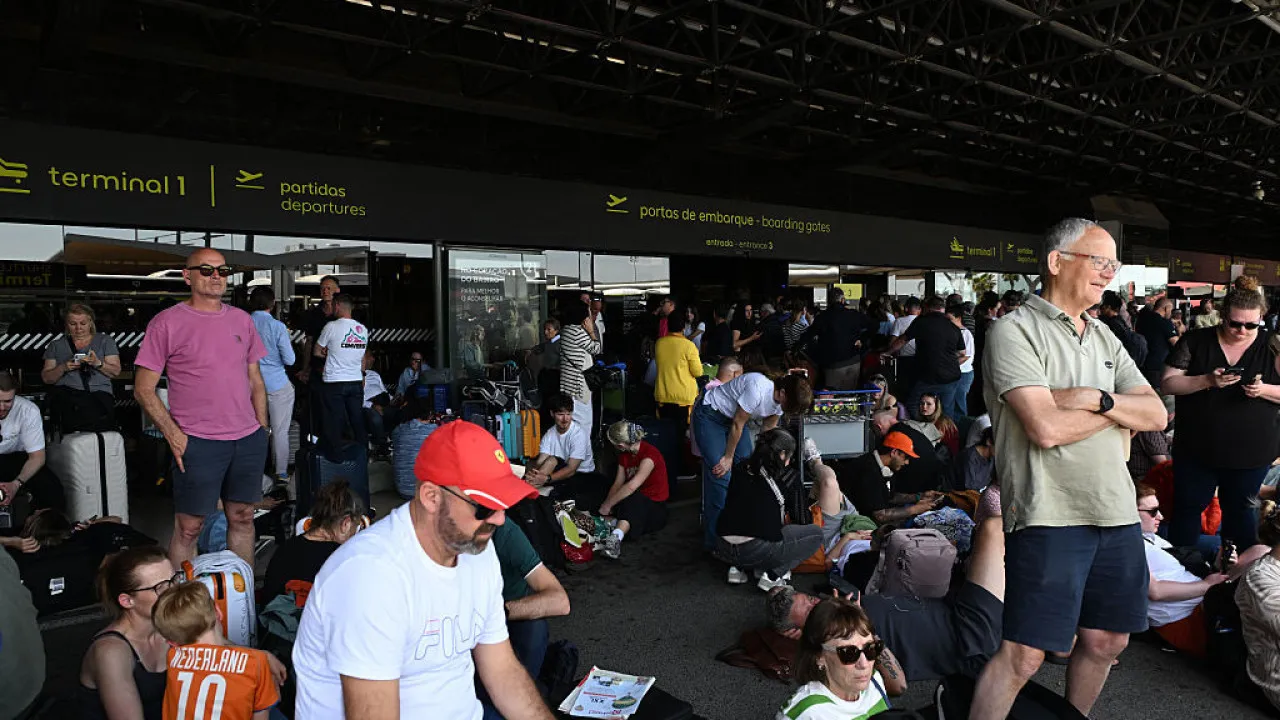The Lisbon City Council’s Councillor for Housing today called on real estate developers gathered at a conference in the city to lower the minimum rent they are willing to offer in partnerships with the municipality.
At stake are the 4,000 homes planned within the framework of public-private partnerships, which could remain unbuilt if there is no agreement on the rents to be implemented.
Speaking to Lusa on the sidelines of the 5th Real Estate Development Conference, at which she was a speaker, Filipa Roseta (PSD) confessed her “anguish” at the current “impasse” between, on the one hand, the opposition in the municipality, which wants lower rents, and the real estate developers, who want higher rents.
“Basically, what I need right now is one simple thing: for the developers to lower what they need a little and for the opposition to raise what they need a little,” he summed up.
In other words, there should be “an alignment between the rent that is viable and the rent that is profitable”.
If this doesn’t happen, there’s a risk of leaving “undone” the 4,000 homes planned under public-private partnerships, “because the council doesn’t have the money to do more than the 3,000” new public homes it has proposed, financed by the Recovery and Resilience Plan (PRR, European funds).
“We really need this in Lisbon, otherwise we’ll look back in ten years’ time and those four thousand houses won’t have been built. We’re already making a brutal effort with the 3,000 houses, now the others are going to be left hanging,” he warned.
In front of the three hundred participants at the conference, Filipa Roseta left a “big appeal” to the promoters to move forward with the partnerships.
“What I can ask these people who are here is that they take a good look at the figures and see if the rent they need to make it profitable, in other words, to make it appealing, can be a little less,” she said.
The councillor also appealed to the opposition in the municipality: “And what I need from the opposition is to look at the figures and realize that, perhaps, for this to be viable, the rent they are asking for has to be a little more,” she said.
The councillor recalled that the municipal executive presented “a solution to this problem”, which was rejected at a town hall meeting.
“We paid the difference between what the families were able to pay and what the developer needed,” she recalled.
Filipa Roseta spoke to Lusa after hearing about the “fantastic and wonderful” example of Madrid from her counterpart in the Spanish capital, José María García Gómez, who was also a speaker at the conference promoted by the Portuguese Association of Real Estate Developers and Investors.
“They [the Madrilenians] already have 8,000 homes contracted to be built, with people living in them, with affordable rents, and zero municipal investment,” he praised.
“I’d really like it to work here, I’d copy it and do Lisbon,” he said, stressing that “the only difference” between Madrid and Lisbon is a political majority.








